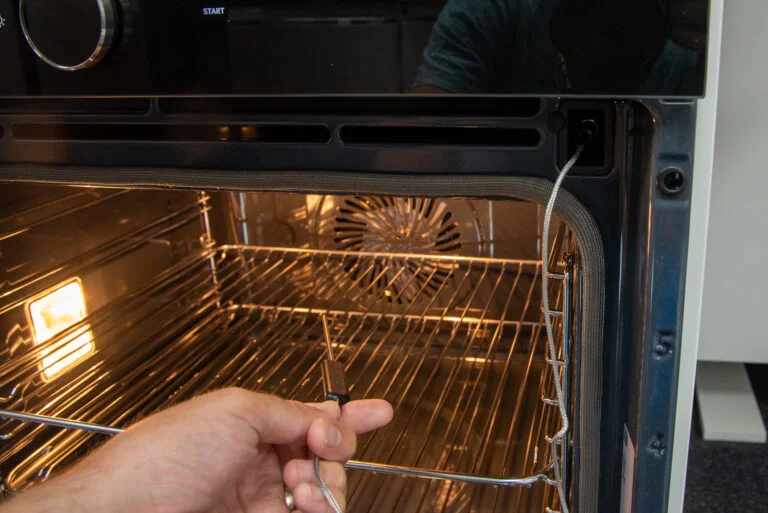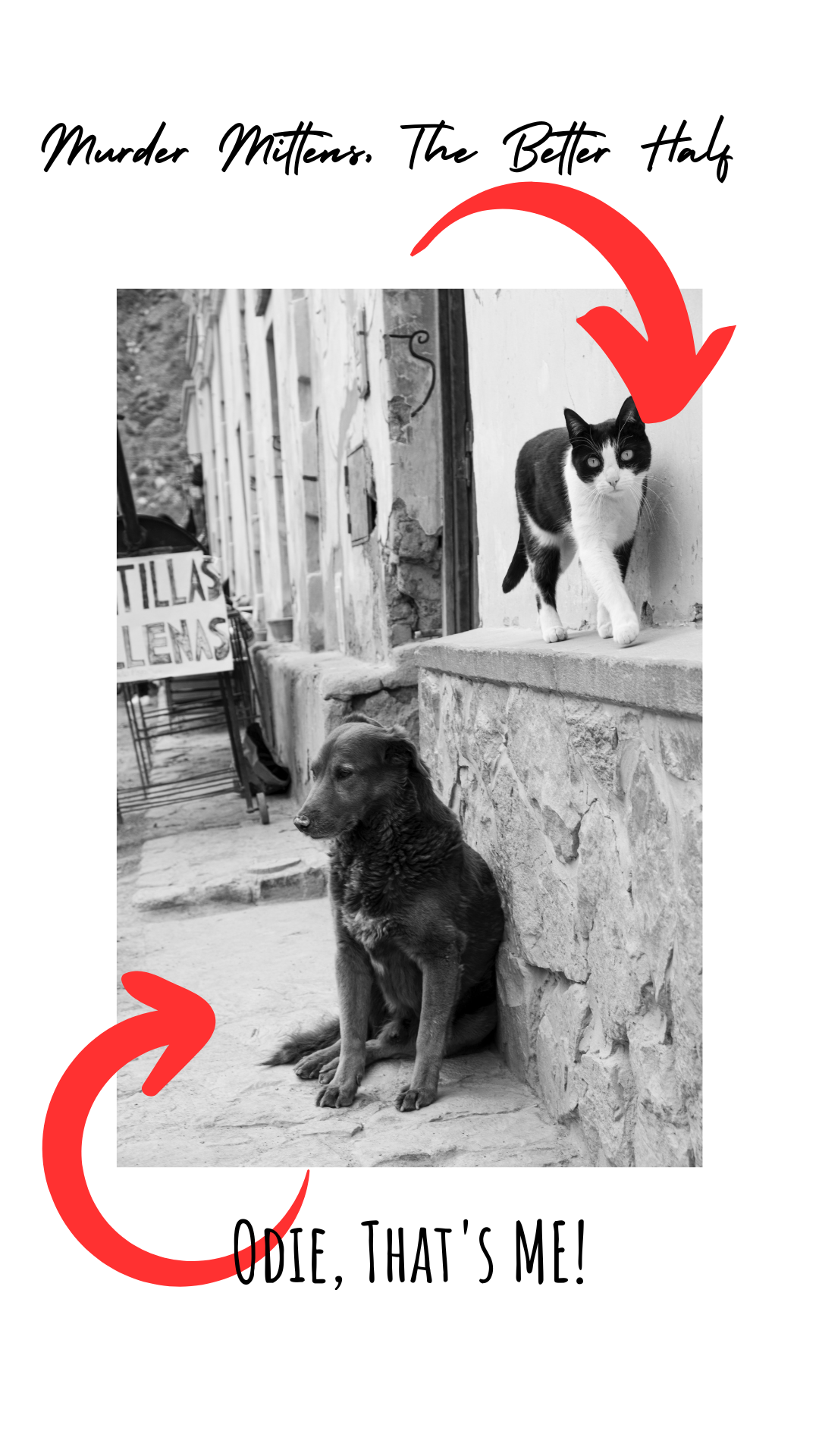Your Guide to Oven Safety
Welcome to the heart of the home—the kitchen. Amid the aroma of culinary wonders lies a landscape fraught with potential hazards. From toppling ranges to shattering cookware, the dangers are subtle yet prevalent.
In our exploration, we’re taking a look at the three primary adversaries: range tipovers, cookware mishaps, and the looming threat of cooking fires. These dangers aren't just about burns; they encompass a complex web of risks that demand attention.
Avoiding Common Oven Related Accidents
We’re going to take a look at the three most common types of oven-related accidents. While you think immediately of getting burned, you also have to think of rage tipovers and shattering cookware.
Range Tipovers
Almost 40,000 people were injured during a 20-year NIH study, just from a range tipping over. Unsurprisingly, children are the ones most at risk. When left unsupervised, kids love to climb, And if an oven door is left open? You can bet they will climb on that, unfortunately, causing the range to tip.
A few ways you can prevent your range from tipping over-
If your range doesn’t have one, install an anti-tip bracket to keep it securely in place.
Never place a heavy tray on an oven door that’s been left open. (This is the most common reason adults get injured in a range tipover.)
Drape a towel on the oven handle if a pan is cooling to remind you that it’s still there.
Cookware Injuries
In the same NIH study, more than 37,000 people were injured while using cookware. Hot glassware can shatter (yes, even ‘heat-proof’ dishes), and handles can absolutely burn.
To avoid both of these instances, remember these tips-
Don’t take a dish directly from the freezer to the oven or the other way around.
Don’t add liquid after a dish is hot, or put a hot dish onto a cold or wet surface as it can cause shock to the dish.
If a dish has become cracked or chipped, stop using it. Those chips will eventually become cracks, spreading over time until the piece shatters.
Make sure to turn handles out to the sides rather than being over a working burner.
Cooking Fires
Cooking fires account for 2 of every 5 reported home fires. Of those, unattended equipment accounts for 1 in 3, and half are set off by fat, grease, or oil, according to the National Fire Protection Association.
In the NIH study, approximately 16,262 people were treated for injuries caused by contact with the stove, most commonly for burns.
If you spend a lot of time in your kitchen, take a minute to learn these safety tips to protect yourself and your home.
Stay in the kitchen if you are frying, grilling, or broiling something.
If you’re simmering, baking, or roasting, stay at home and check on your food often. A timer on your phone can help.
Make sure to keep anything that can catch fire away from the stovetop. This can be things like food packaging, pot holders, kitchen towels, and cookbooks.
If a fire starts in your oven, turn it off and leave the door closed. This will suffocate the fire.
Always keep a lid near to hand to smother small grease fires. You can slide the lid over the pan and turn off the burn.
Keep a fire extinguisher with a minimum rating of 5-B:C on hand in your kitchen or as close as possible.
If a fire gets out of hand, leave the house and call 911.
Gas Ranges vs. Electric Ovens and Safety Concerns For Each
Gas
Gas stoves burn natural gas, which does generate a number of invisible by-products. The biggest concern to our health is the production of nitrogen dioxide or NO2. According to Josiah Kephart, an assistant professor in the Department of Environmental and Occupational Health at Drexel University, this is produced when natural gas is burned at high temperatures when there is also nitrogen in the atmosphere. “We’ve known for a long time that [nitrogen dioxide] has many harmful effects on health,” says Kephart.
While the Environmental Protection Agency regulates outdoor NO2 emissions, there are no standards for indoor exposure. Nevertheless studies dating back decades have shown the harmful effects from the no2 in gas cooking stoves.
Studies have also found that unburned natural gas leaks from stoves, and contains the known carcinogen, benzene. Additionally, cooking, in general, creates fine particulates, which can cause or exacerbate respiratory problems.
However, studies in this area have also long been linked to political lobbying groups, so data might be skewed one way or the other. As usual, politics is beyond our purview here, so we suggest doing your own digging.
Electric
Recent attention to the gas stove’s environmental impact has turned some away from the once-preferred chef’s stove. However, while electric stoves are the current darling of the industry, they also have their own issues.
According to a report by the National Fire Protection Association, they do tend to have far greater fire risks. A 2020 report by the NFPA showed that households with electric stoves reported fires at a rate 2.6 times higher than those with gas stoves. Equally staggering, the death rate of electric-run households was 3.4 times higher than those that had gas appliances. And the injury rate? That was nearly 5 times greater.
General Safety Tips In the Kitchen
We’ve taken both general tips and those from the community to bring to your attention. *
You need to be sure you are watching your food and your hands so you do not get burned; both are hot. Pay attention to smooth-top ranges, as the ceramic glass can be very hot for a while, even with the burner off. The same goes for gas stove grates above the burner.
Roll up your sleeves before cooking. Loose-fitting clothing can catch on fire.
Both electric and non-electric ovens have a thermostat to control how high the heat goes, and then they cycle the heat on and off to maintain the correct temperature. Can thermostats go bad? Yes, equally in both electric and non-electric ovens. ((ARS Note: This is one of the key reasons we suggest having your oven maintained regularly!))
Clean the stove, oven, and burners regularly to prevent grease buildup.
Use the right cookware both for your type of range and for the size of the burner.
Only use cookware in the oven that is meant to go in the oven. Plastics will melt and either damage your oven (ask us how we know.) Metals, on the other hand, can damage the oven by heating it improperly and will almost certainly cause your food to cook improperly.
Keep items that can catch fire, such as dish towels and pot holders, away [from heat sources].
Overheated foods can cause a fire. With that in mind, cook your food for the recommended cooking time, and use oven mitts to protect yourself when taking it out.
Plug cooking appliances directly into an outlet. Never use an extension cord for a cooking appliance.
Tuck appliance cords out of reach of children.
If your oven has malfunctioned, it’s not safe to use it. Whether it is gas or electric, it needs to be seen by a professional. You can have gas leaks, your oven overheating, or the heat cutting out randomly and without notice.
Finally, read the manual for your range. The manufacturer included it so you could get the best experience from your oven, and reading it will only help you.
And there you have it—a peek behind the oven door, revealing the quirks and perils lurking in our culinary havens. Remember, while your kitchen might be a stage for gourmet wonders, it's also a hotspot for potential misadventures. Stay vigilant, cook safely, and should your appliances ever decide to throw a cooking tantrum, don't hesitate to summon the professionals at Appliance Rescue Service. Until then, may your kitchen adventures be filled with delicious triumphs and minimal mishaps.
Office Number: (214) 599-0055
Additional Reading:
Places to Avoid: The Paw Version!
Why The Media Wants You To Be Scared Of Your Gas Stove
Help I Melted Plastic In My Oven
*Some commentary may have been adjusted for clarity or length.

















